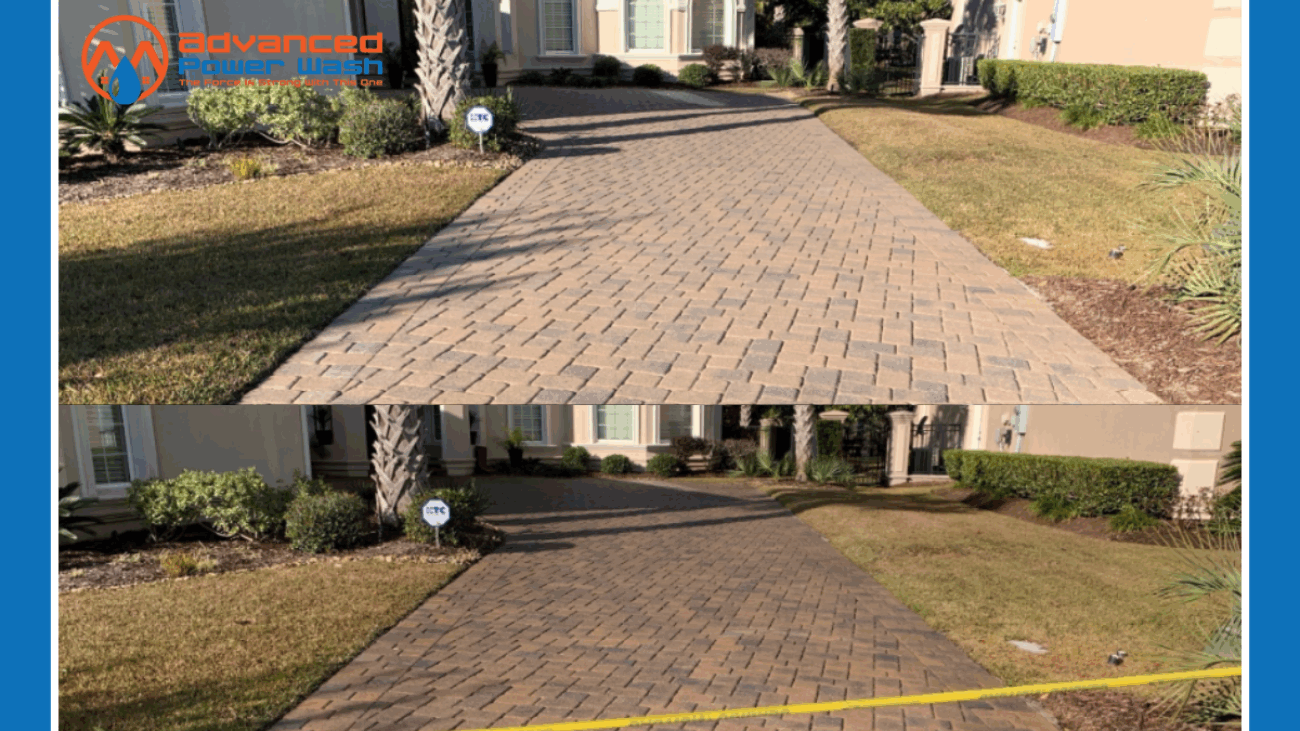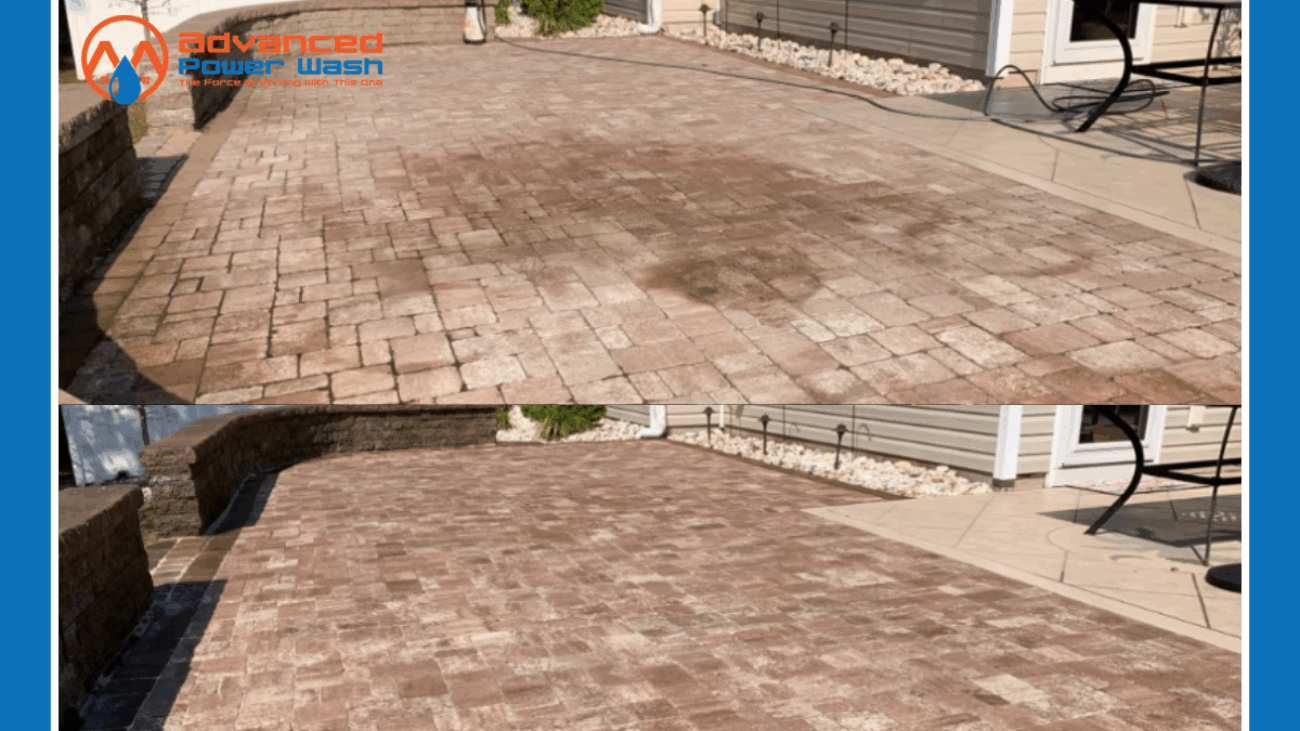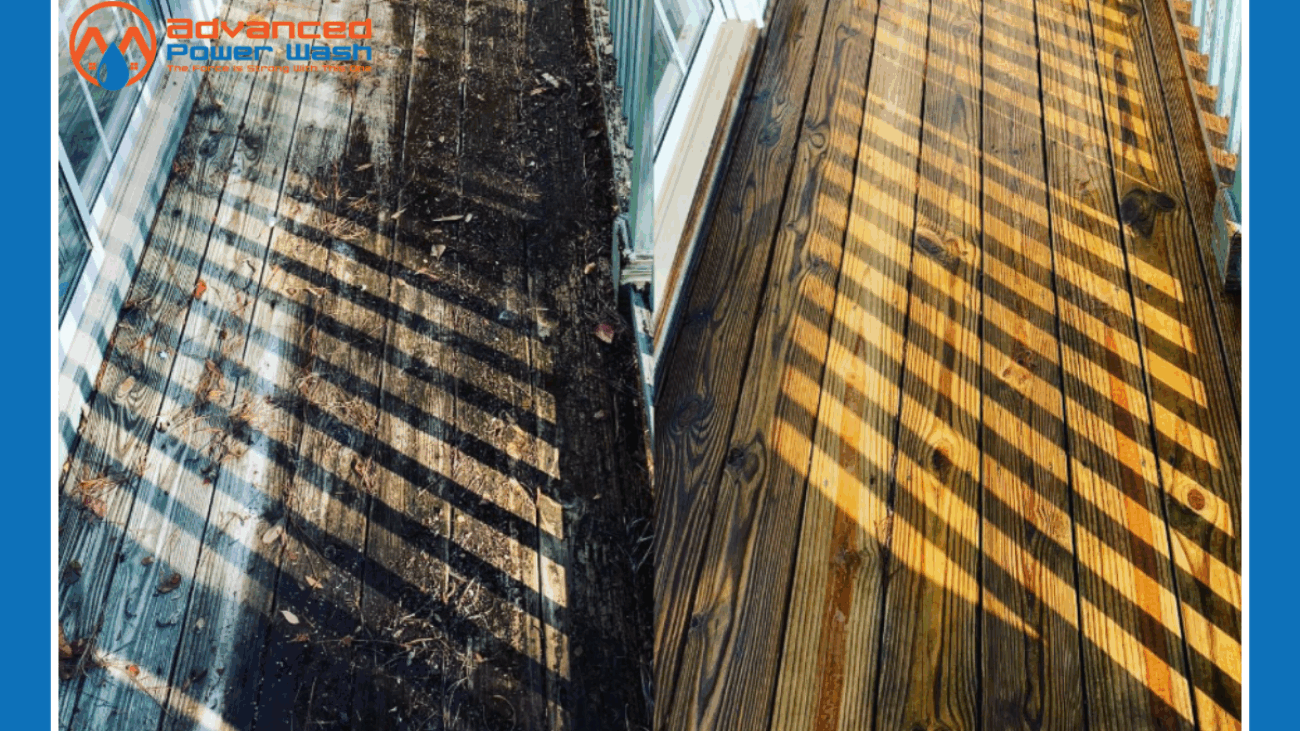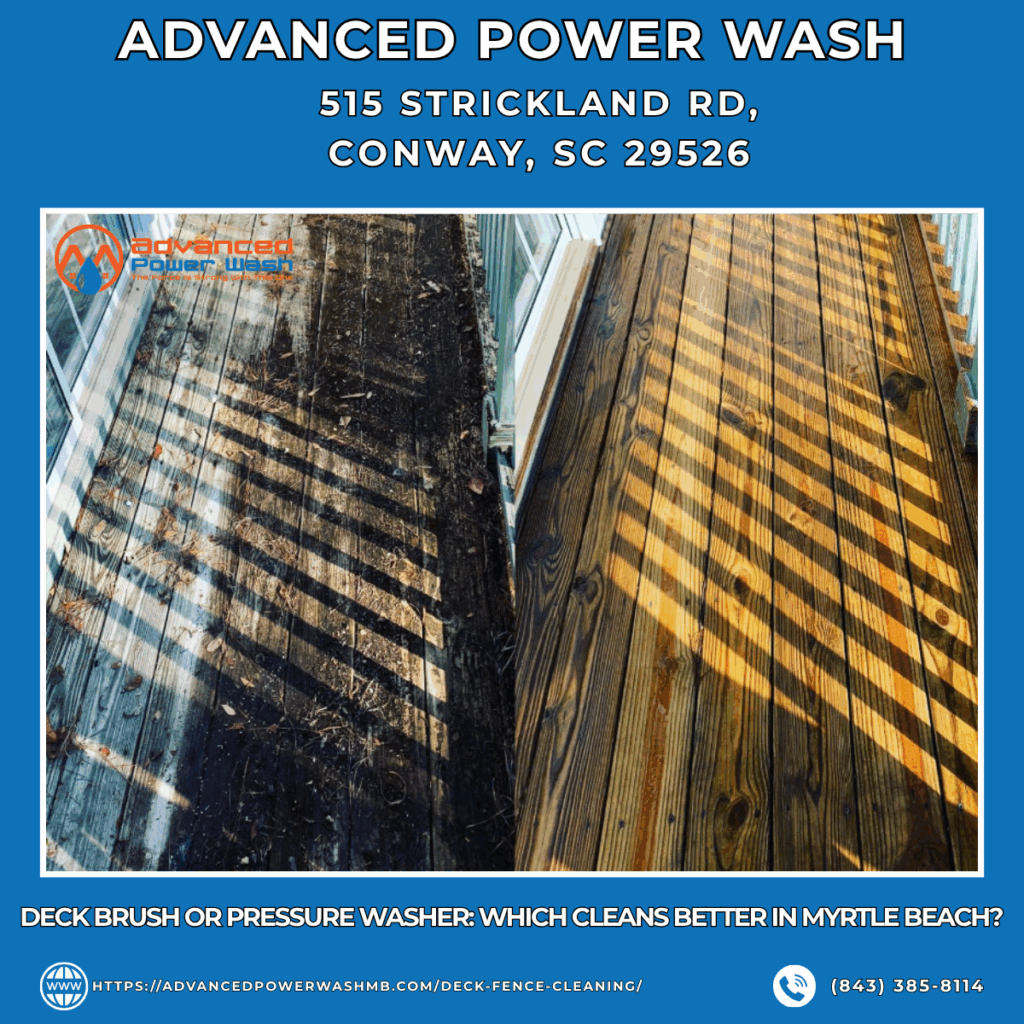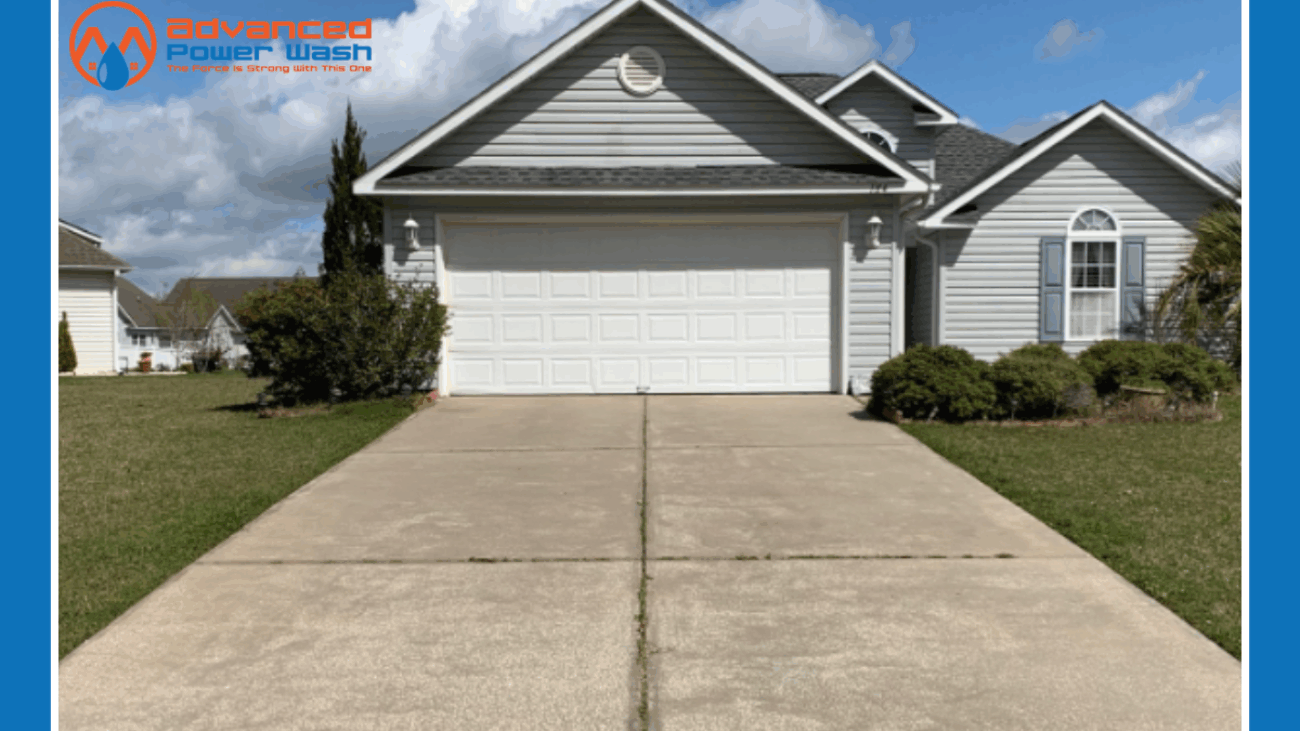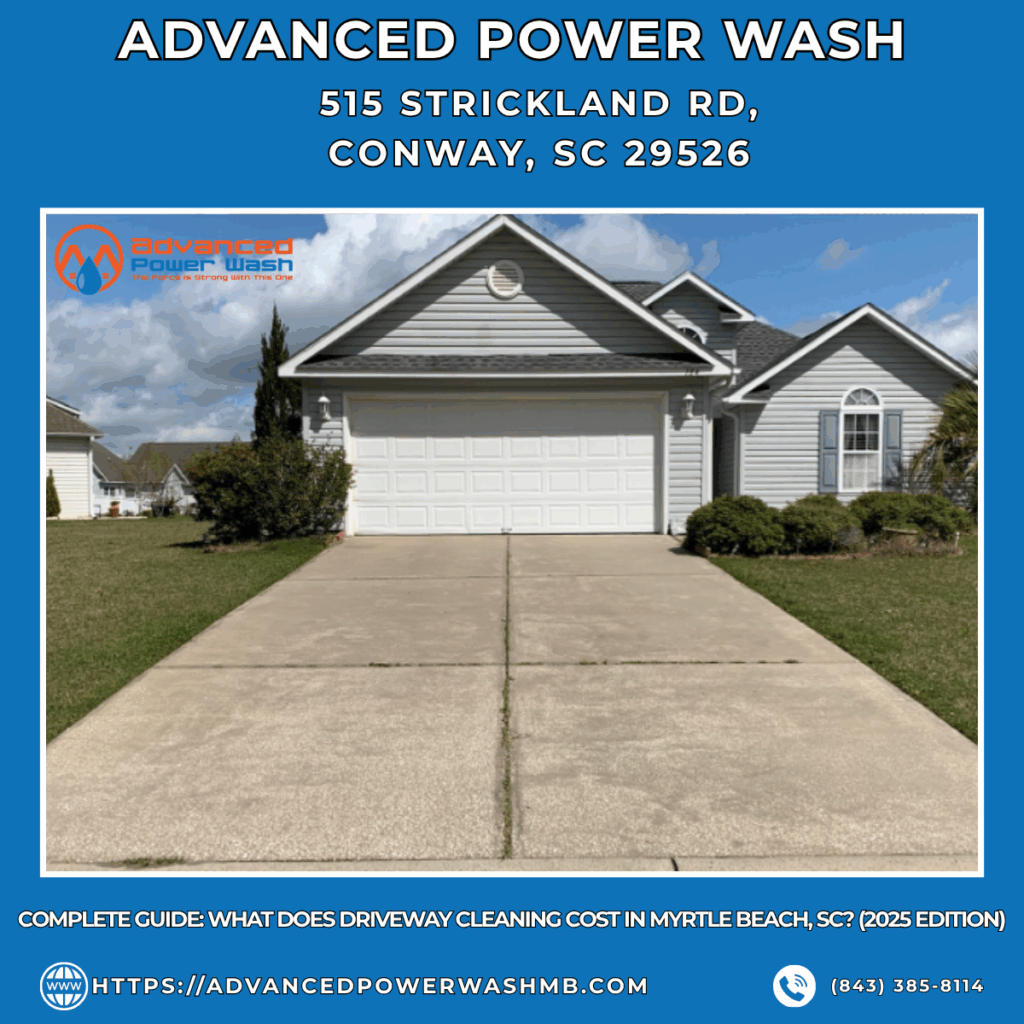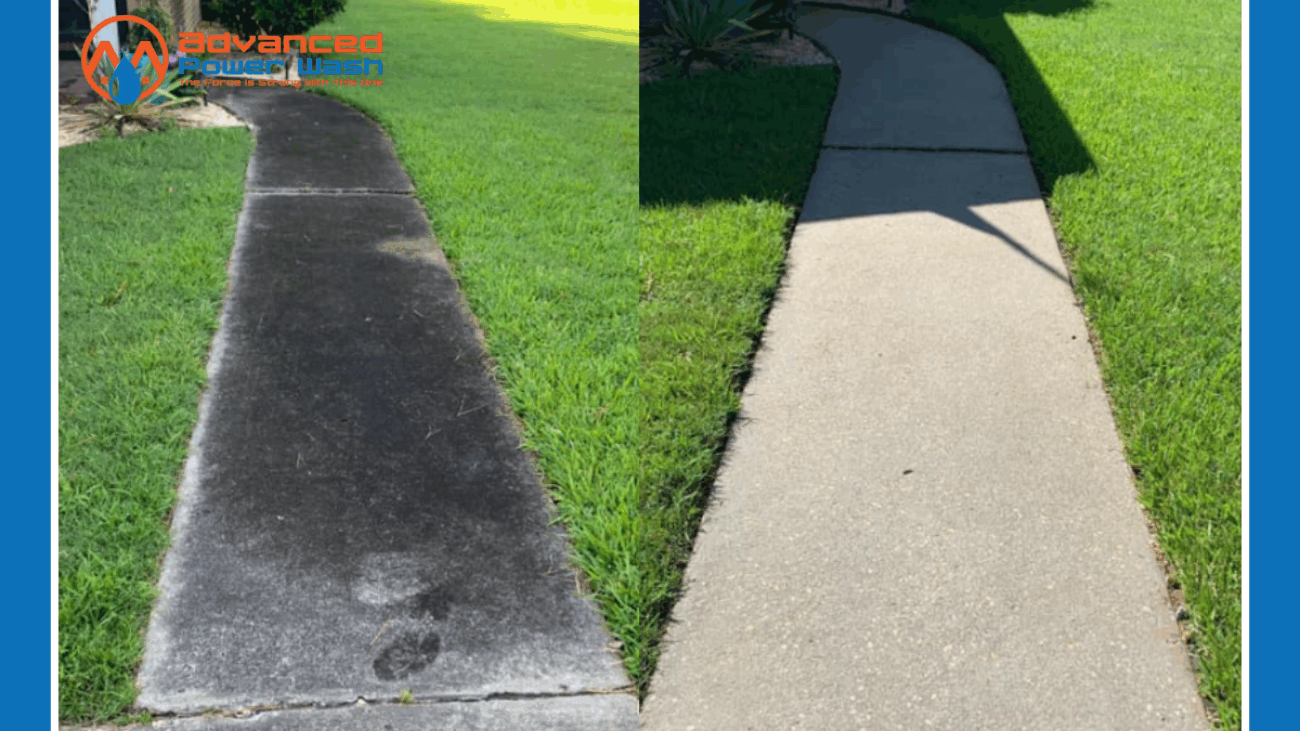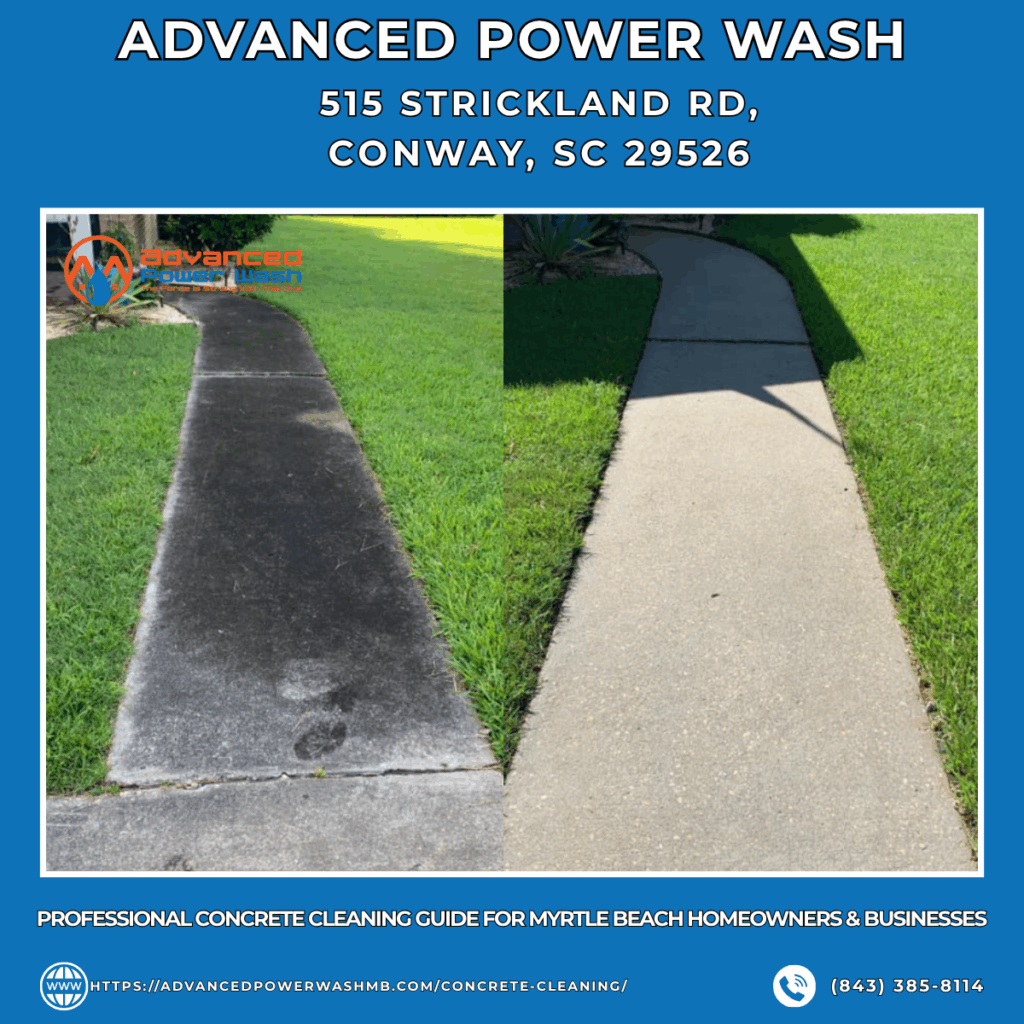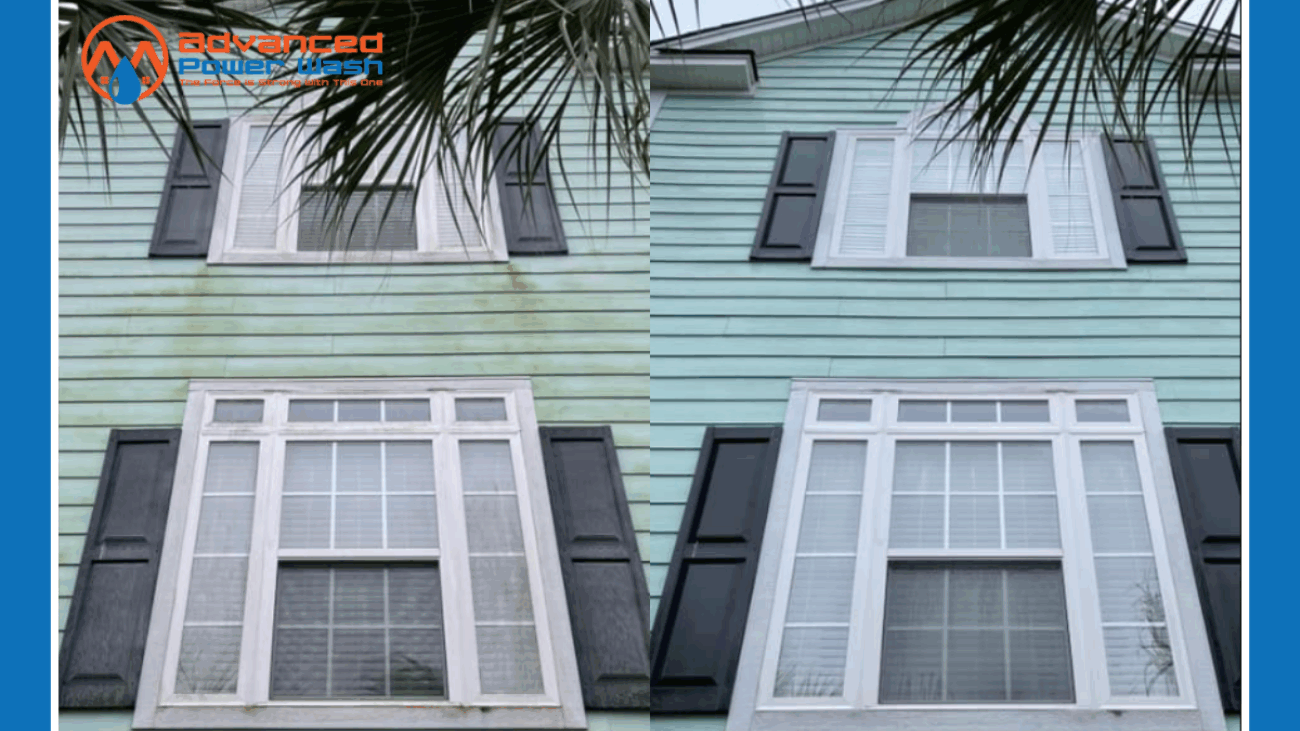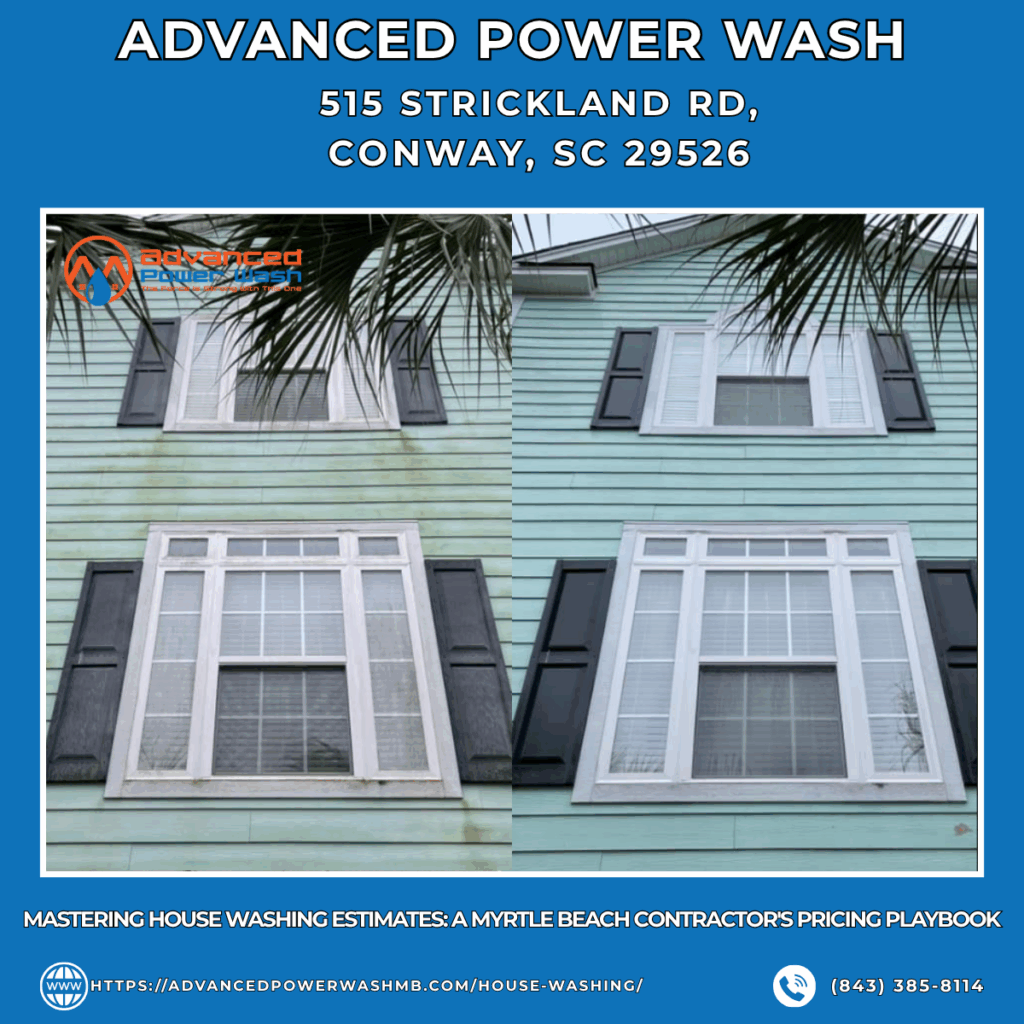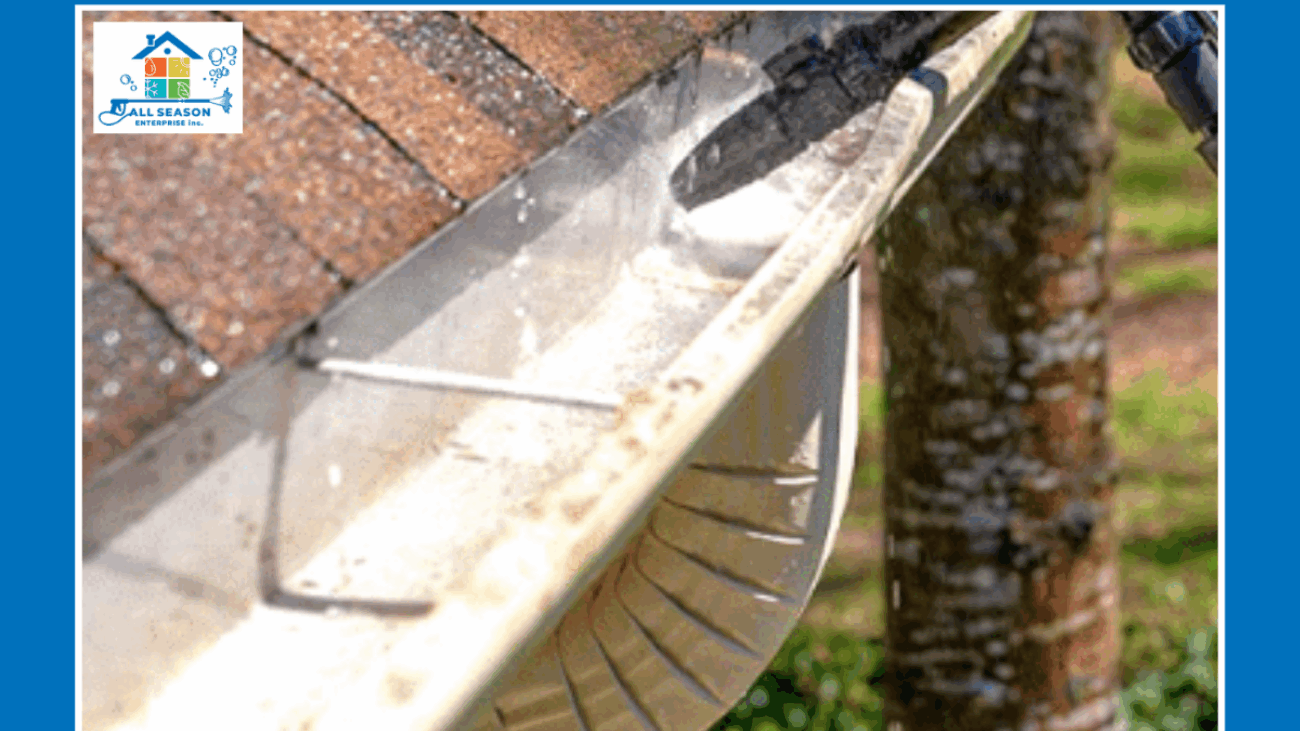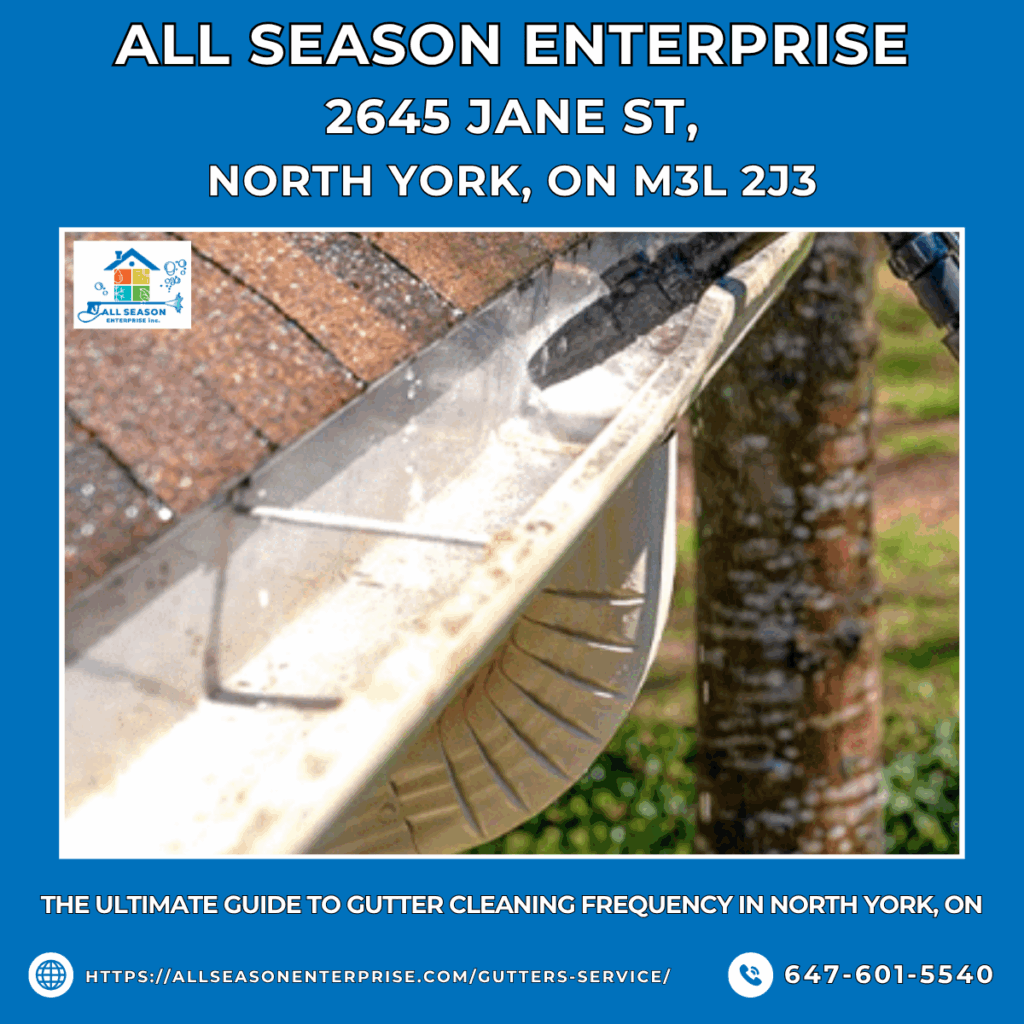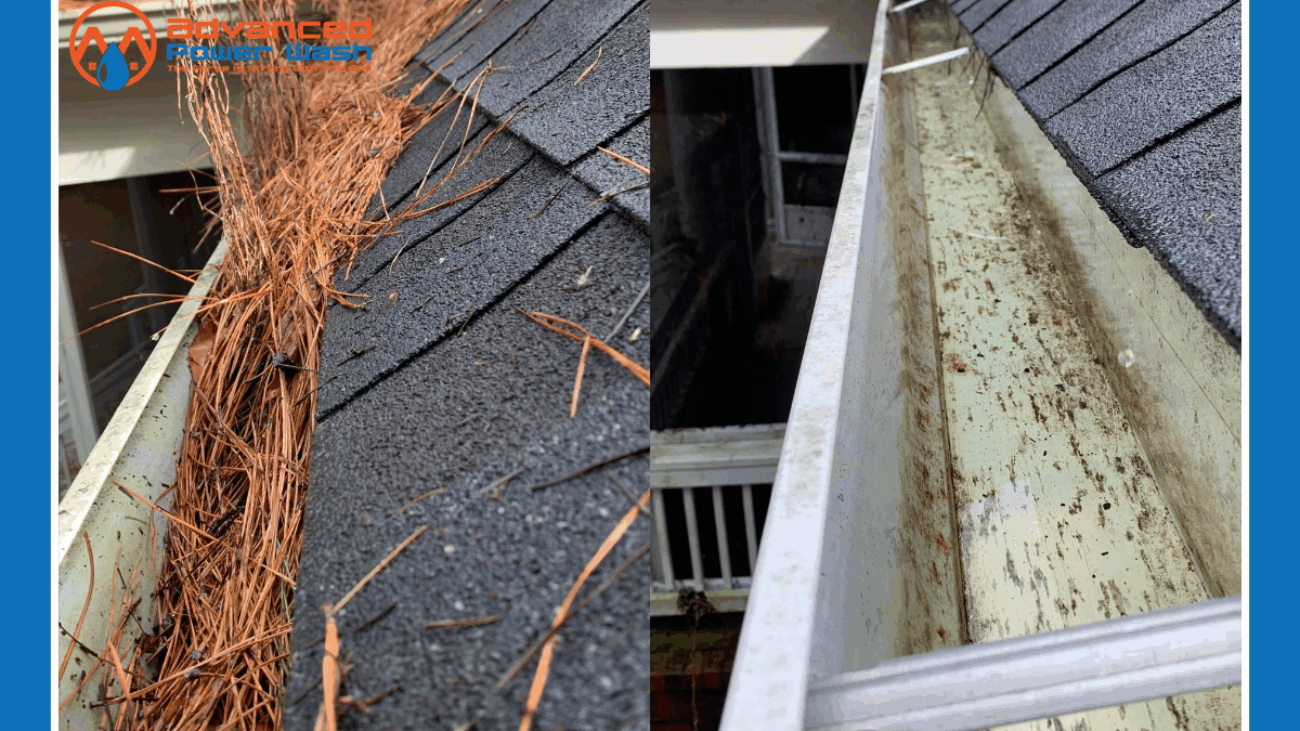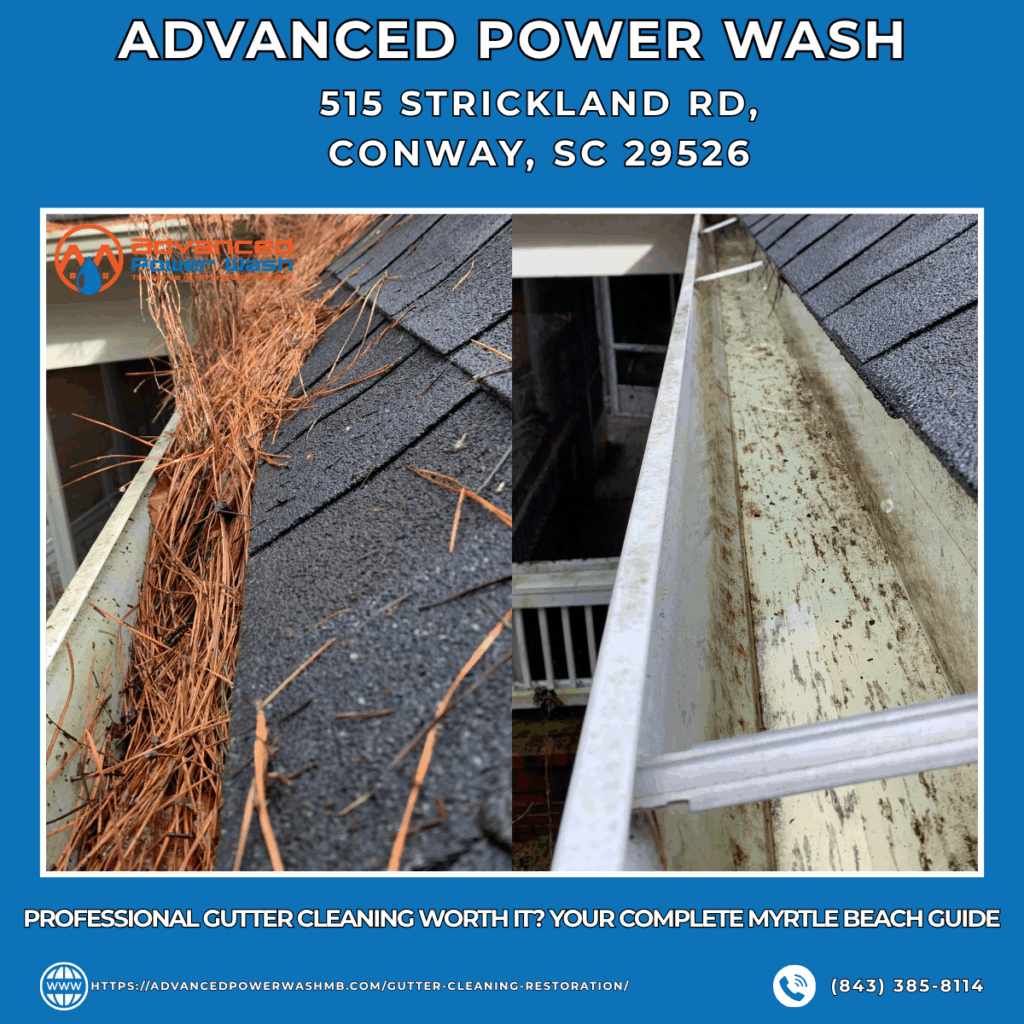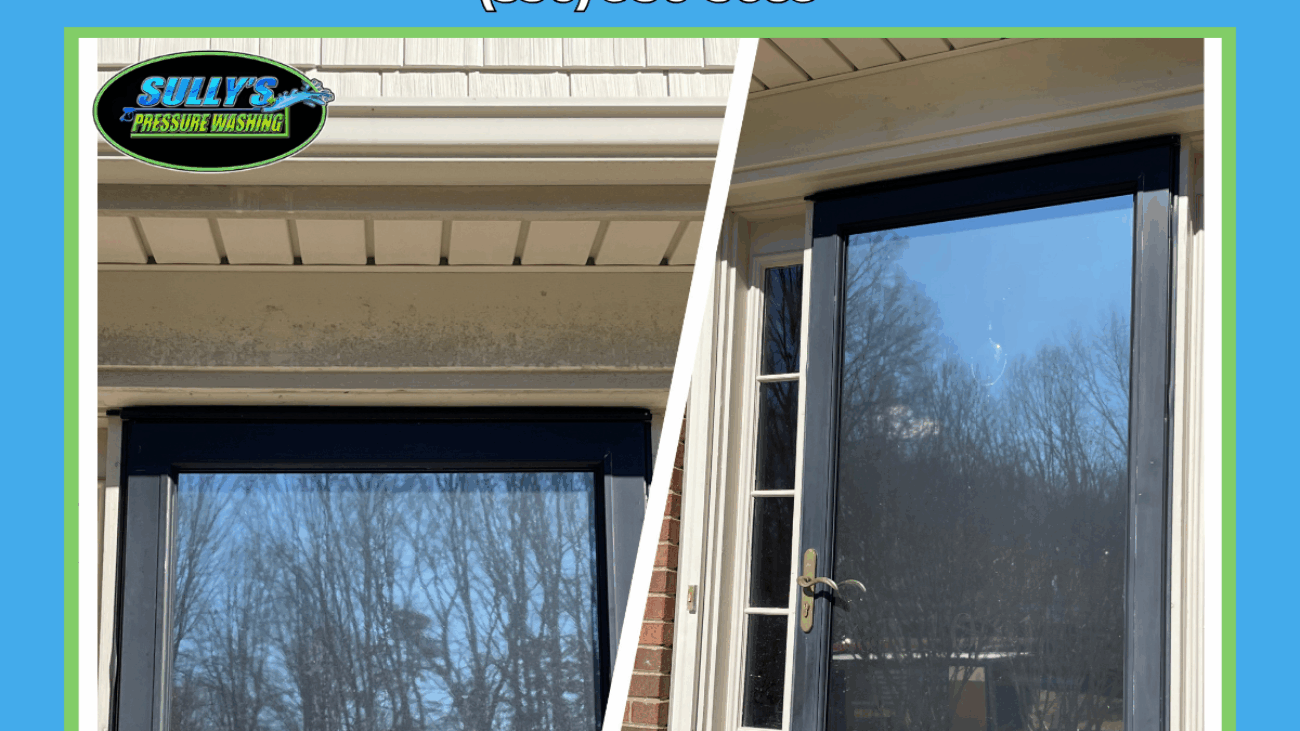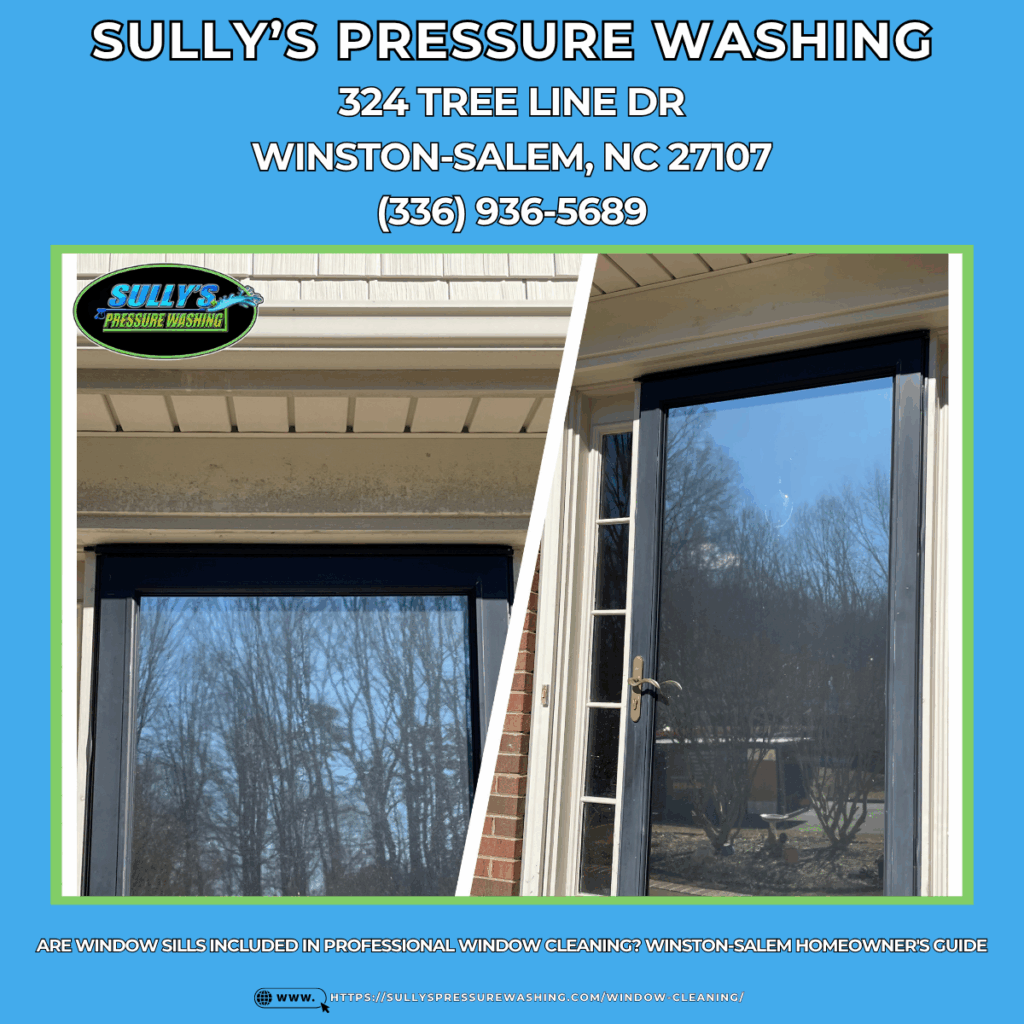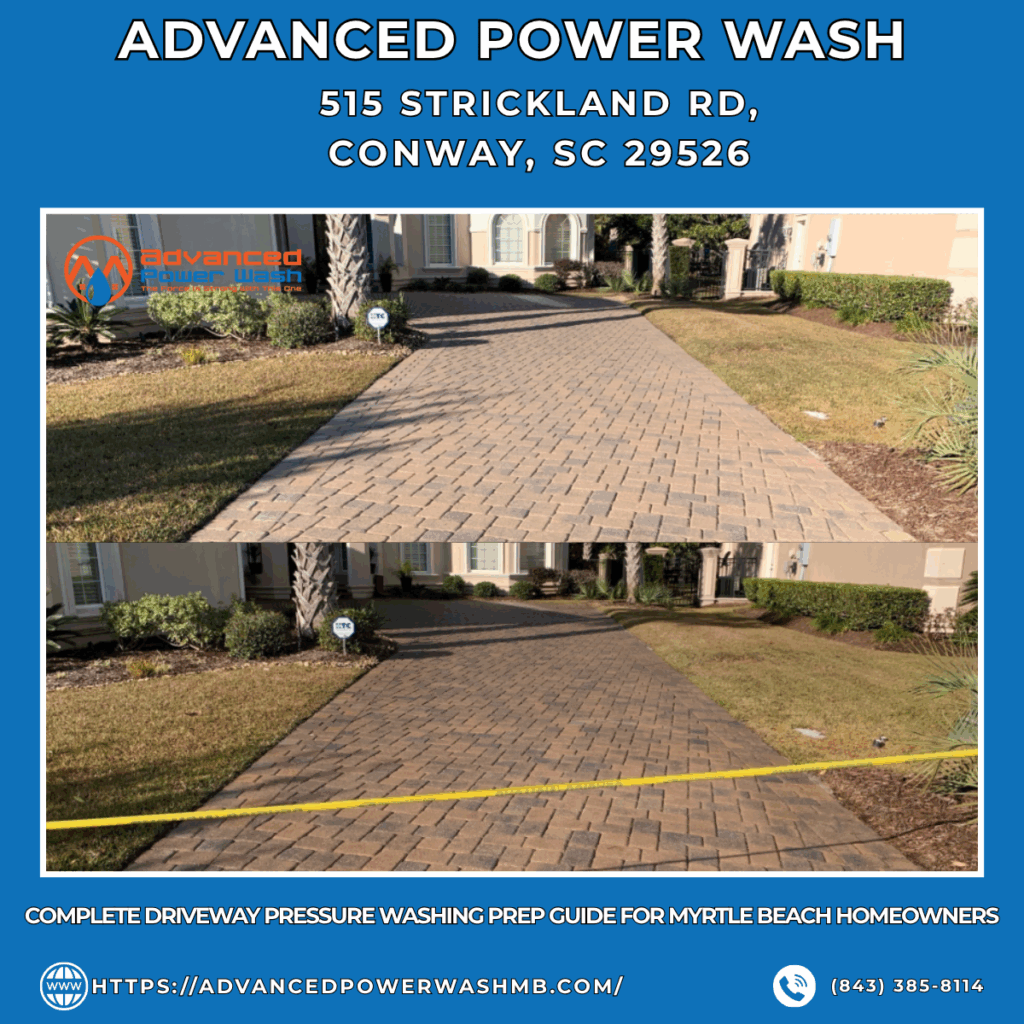
Complete Driveway Pressure Washing Prep Guide for Myrtle Beach Homeowners
Preparing Your Driveway for Pressure Washing in Myrtle Beach, SC
Your driveway serves as the gateway to your home, creating lasting first impressions for visitors and potential buyers. In Myrtle Beach, SC, maintaining an attractive, clean driveway presents unique challenges due to our coastal environment’s constant exposure to salt air, sand, and moisture. Proper driveway pressure washing preparation is not just about aesthetics—it’s about preserving one of your home’s most valuable exterior features and ensuring cleaning efforts deliver professional-quality results.
The process of preparing for pressure washing may seem straightforward, but Myrtle Beach driveway care requires special attention to detail. Our region’s subtropical climate creates perfect conditions for rapid mold and algae growth, while beach sand constantly finds its way onto every surface. Understanding how to prepare thoroughly ensures you maximize cleaning effectiveness while protecting your property from damage. This comprehensive guide provides everything you need to know about preparing your driveway for a transformative cleaning experience.
Why Prepare Before Pressure Washing?
Many homeowners question whether preparation is truly necessary before pressure washing, especially when eager to see immediate results. The answer is unequivocally yes. Proper preparation amplifies pressure washing benefits exponentially, transforming a mediocre cleaning into a professional-grade restoration. When you invest time in preparation, you’re setting the stage for cleaning solutions to work at peak effectiveness, allowing pressurized water to focus on embedded dirt rather than surface debris.
Equipment safety represents another critical reason for thorough preparation. Pressure washers generate tremendous force, and loose debris can become dangerous projectiles or clog delicate components. In Myrtle Beach driveway cleaning projects, where sand and small shells are common, removing these materials beforehand protects both your equipment and anyone nearby. Prevention is always easier and less expensive than repair.
Time efficiency improves dramatically with proper preparation. A well-prepared surface requires fewer cleaning passes, less water, and reduced detergent consumption. This efficiency becomes crucial during Myrtle Beach’s hot, humid summers when extended outdoor work can be physically exhausting. Additionally, preparation helps identify existing damage that requires attention before pressure washing could exacerbate problems, potentially saving you from expensive structural repairs.
Tools and Supplies Needed for Pressure Washing
Assembling the right pressure washing supplies before beginning your project prevents frustrating mid-job interruptions and ensures optimal results. Your essential driveway cleaning tools list should include a heavy-duty push broom with stiff bristles for sweeping, multiple buckets for mixing cleaning solutions, and a standard garden hose for preliminary rinsing and plant protection. Don’t forget shop rags, scrub brushes of various sizes for treating specific stains, and appropriate containers for storing cleaning chemicals safely.
Beyond basic supplies, specialized equipment enhances your results significantly. A surface cleaner attachment transforms your pressure washer’s performance on flat surfaces, providing consistent coverage while preventing the streaking that handheld wands often create. Extension wands allow comfortable standing positions without bending, reducing physical strain during lengthy projects. Multiple nozzle tips in your arsenal—including 0-degree, 15-degree, 25-degree, and 40-degree options—provide flexibility for different cleaning intensities and surface types.
Choosing the Right Pressure Washer
Selecting the appropriate pressure washer for your Myrtle Beach driveway requires understanding both the equipment specifications and your specific cleaning needs. For standard concrete driveways, equipment delivering 3,000 to 3,500 PSI with flow rates between 2.5 and 3.0 GPM provides ideal power levels. This combination removes stubborn stains and organic growth without risking surface damage that weaker or excessively powerful units might cause.
Gas-powered pressure washers offer superior performance for large driveways and extended cleaning sessions. They provide consistent power regardless of cord length limitations and typically deliver higher PSI than electric models. However, electric pressure washers serve smaller driveways perfectly well, offering quieter operation, less maintenance, and environmental benefits. Consider your driveway’s size, typical soil levels, and frequency of use when making your selection.
Myrtle Beach’s coastal conditions demand equipment capable of handling persistent organic growth. Look for models with chemical injection systems that allow detergent application during washing. Adjustable pressure controls prove invaluable when working around delicate areas like expansion joints or repairing minor damage. Hot water capabilities, while not essential, significantly enhance cleaning power for oil and grease stains common in driveways.
Safety Equipment for Driveway Cleaning
Personal protective equipment is absolutely non-negotiable when pressure washing. The extreme force generated by these machines can cause severe injuries, including deep lacerations and eye damage. Safety goggles or, preferably, a full face shield provide essential eye protection from chemical splash and flying debris. Choose ANSI-certified protective eyewear designed for pressure washing applications.
Heavy-duty waterproof gloves protect your hands from cleaning chemicals and pressurized water while improving grip on wet equipment. Chemical-resistant materials like nitrile or neoprene provide better protection than standard work gloves. Your footwear should consist of closed-toe, non-slip boots with good ankle support. Wet concrete becomes incredibly slippery, and sturdy footwear prevents dangerous falls.
Long pants and long-sleeved shirts manufactured from durable materials shield your skin from chemical exposure and debris impact. Avoid loose clothing that could catch on equipment. In Myrtle Beach’s sunny climate, incorporate sun protection including a wide-brimmed hat, UV-protective clothing, and waterproof sunscreen. Many pressure washing projects extend for several hours, and sun exposure can be surprisingly intense even on overcast days. Hearing protection becomes necessary with gas-powered units, as prolonged exposure to engine noise can damage hearing.
Steps to Prepare Your Driveway for Pressure Washing
Systematic preparation ensures thorough coverage of all necessary steps without overlooking critical details. Begin your Driveway Pressure Washing preparation at least 24 hours before your planned cleaning date. This timing allows for proper stain pre-treatment, identification and repair of damage, and gathering any supplies you might be missing.
Clear the Area of Obstacles and Vehicles
Complete area clearance forms the foundation of safe, efficient pressure washing. Remove all vehicles from your driveway well in advance, parking them on the street or alternative locations. This provides unfettered access to the entire surface and eliminates the risk of water damage to vehicles. Beyond cars, remove all portable items including children’s toys, sports equipment, planters, trash receptacles, welcome mats, and any decorative elements.
Extend your clearing zone beyond the driveway itself. Remove or relocate items within a fifteen-foot radius of your work area. High-pressure spray creates a significant mist that can travel unexpected distances, especially on windy days common in Myrtle Beach. Garden furniture, grills, and lawn decorations should all be moved to protected areas. Outdoor lighting fixtures near ground level may require temporary protection with plastic sheeting secured with waterproof tape.
Don’t forget about overhead clearances. Low-hanging tree branches, hanging plants, and decorative elements above your driveway may drip debris during cleaning or become damaged by spray. Trim back vegetation that hangs within eight feet of your driveway surface to prevent interference during cleaning and improve air circulation for faster drying afterward.
Sweep and Remove Surface Debris
Thorough sweeping forms one of the most important yet frequently underestimated preparation steps. Using a stiff-bristled push broom, sweep your entire driveway systematically, working from one end to the other in overlapping strokes. Remove all loose dirt, leaves, twigs, acorns, pine needles, and other organic debris. Myrtle Beach’s sandy environment makes this step particularly crucial—sand particles act as abrasives that can damage both your driveway surface and pressure washing equipment when struck by high-pressure water.
Pay meticulous attention to edges, corners, and areas along the garage door where debris tends to accumulate in surprising quantities. Use a putty knife or old screwdriver to dislodge caked-on dirt from expansion joints and control cuts in the concrete. A shop vacuum with a crevice attachment excels at removing stubborn debris from cracks and gaps that resist sweeping.
Consider using a leaf blower for large driveways or areas with heavy debris accumulation. This speeds the process significantly and reaches debris in textured concrete that brooms might miss. Collect all swept debris for proper disposal rather than pushing it into landscape beds where it might wash back during pressure washing. The time invested in thorough sweeping pays substantial dividends in cleaning quality and equipment protection.
Treat and Remove Stains (Oil, Rust, Grease)
Effective stain removal requires identifying stain types and applying appropriate pre-treatments. Oil and grease stains, perhaps the most common driveway blemishes, respond well to absorbent treatments. Sprinkle cat litter, sawdust, or commercial oil absorbent products generously over fresh stains, allowing them to sit overnight. These materials draw petroleum products out of porous concrete. For older, set-in oil stains, apply commercial concrete degreasers according to manufacturer instructions, typically allowing 20-30 minutes of dwell time before scrubbing with a stiff brush.
Rust stains require different treatment approaches. These orange or brown discolorations often result from metal furniture, lawn equipment, or fertilizer containing iron. Specialized rust removers containing oxalic acid or phosphoric acid effectively break down iron oxide. Apply these products carefully, following all safety precautions, and never mix different chemical products. Scrub treated areas with a brush designed for concrete to work the solution into the surface.
Organic stains including mold, mildew, and algae proliferate in Myrtle Beach’s humid climate. These biological contaminants appear as green, black, or brown discoloration and can make surfaces dangerously slippery. Pre-treat these stains with oxygen bleach solutions or specialized algaecides. Mix according to package directions, apply generously, and allow sufficient dwell time—typically 15-30 minutes—for the solution to kill organisms at the root level. This pre-treatment prevents immediate regrowth after cleaning.
Protect Surrounding Landscaping and Property
Protecting your landscaping and property features prevents damage from cleaning chemicals and high-pressure water. Begin by thoroughly pre-soaking all plants, flowers, shrubs, and grass near your driveway with plain water. This dilutes any cleaning solution that might reach them and reduces chemical absorption. Cover delicate or prized plantings with heavy-duty plastic sheeting or tarps, securing edges with rocks, bricks, or landscape staples to prevent wind displacement.
Apply painter’s tape to seal gaps where your driveway meets your home’s foundation, garage door bottom seals, and exterior wall surfaces. This prevents water intrusion into spaces where moisture can cause hidden damage. In Myrtle Beach’s humid climate, even small amounts of additional moisture can trigger mold growth behind siding or inside wall cavities. Close nearby windows and doors, and verify that exterior electrical outlets are equipped with waterproof covers.
Create physical barriers to direct water flow away from vulnerable areas. Position boards, landscape edging, or sandbags to channel runoff toward appropriate drainage locations. This prevents erosion in garden beds and protects plant roots from chemical exposure. Consider the natural slope of your property when planning water diversion strategies, ensuring runoff moves away from your foundation and toward storm drains or designated drainage areas.
Using Tarps or Barriers for Protection
Material selection for protective coverings depends on what you’re shielding and expected exposure duration. Heavy-duty canvas tarps work excellently for protecting larger shrubs and landscape areas, offering durability and breathability that prevents heat buildup underneath. Lightweight plastic sheeting provides better water resistance for delicate flowers and foliage but requires secure fastening to prevent wind damage.
Specialized landscape protection materials including absorbent mats and waterproof fabrics designed for professional pressure washing offer superior protection when working near valuable plantings. These products manage water runoff while shielding plants from direct spray impact. Whatever materials you choose, ensure complete coverage with at least six inches of overlap at seams to prevent gaps where water and chemicals might penetrate.
Position barriers strategically to manage runoff patterns. Board barriers placed along landscape bed edges guide water away from planting areas, while sand bags create flexible barriers that conform to uneven terrain. Monitor your protective measures after initial setup, adjusting as needed before beginning actual pressure washing. This proactive approach prevents damage that becomes apparent only after it’s too late to correct.
Inspecting for Driveway Damage Prior to Washing
Comprehensive inspection before starting your Driveway Pressure Washing project identifies potential problems that require attention. Walk your entire driveway slowly, examining the surface carefully for cracks, chips, spalling, pitting, or uneven settling. Use chalk or temporary spray paint to mark problem areas so you can avoid them or treat them gently during washing. Take photographs documenting existing damage to track deterioration over time and for insurance purposes if needed.
Small hairline cracks, while cosmetically minor, provide entry points for water that can cause significant subsurface damage when forced in under pressure. Fill these cracks with appropriate concrete filler or flexible polyurethane sealant before pressure washing. Allow repairs to cure completely—typically 24 to 48 hours depending on product and weather conditions—before exposing them to water and cleaning chemicals.
Larger cracks exceeding one-quarter inch width or showing signs of vertical displacement require professional evaluation before pressure washing. These structural issues may indicate underlying foundation problems that pressure washing could significantly worsen. Similarly, areas showing extensive spalling (surface flaking) or exposed aggregate may need resurfacing rather than cleaning. In Myrtle Beach’s coastal environment, carefully inspect areas showing salt damage, which appears as surface pitting or powdery white deposits. These vulnerable spots need gentler treatment during cleaning to prevent accelerated deterioration.
Look for pooling areas where water stands after rain. These low spots may indicate settling or inadequate drainage that should be addressed separately from cleaning. Note any areas where the driveway surface feels loose or crumbly, as these sections may not withstand pressure washing and require repair or replacement. Thorough pre-inspection protects your investment by preventing pressure washing from turning minor issues into major damage.
Pre-Treating With Cleaners for Tough Stains
Strategic pre-treatment with appropriate cleaners dramatically improves your pressure washing results, particularly for stubborn or set-in stains. For petroleum-based stains including oil, grease, and transmission fluid, apply commercial concrete degreasers generously. These alkaline-based products break down molecular bonds in petroleum products, allowing pressurized water to flush them away. Apply with a pump sprayer, ensuring complete coverage, and allow recommended dwell time—usually 15-30 minutes—before pressure washing.
